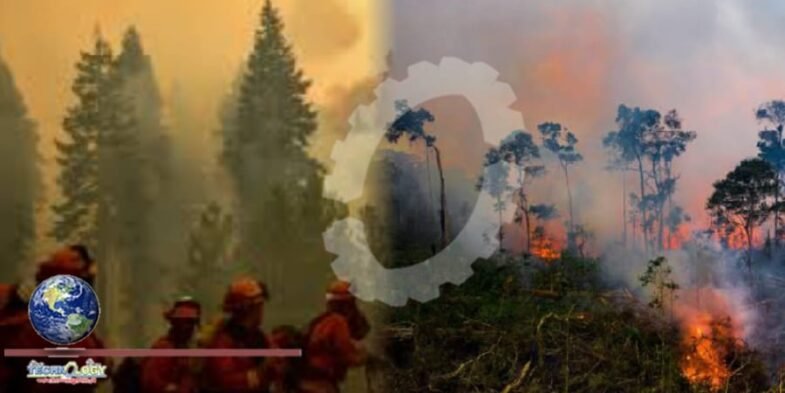The field of psychology must bolster its ability to address the health effects of climate change, according to a new report from the nation’s largest professional organization of psychologists.The American Psychological Association says its more than 133,000 members can do more to address climate change by broadening their impact on everything from mental health care to climate education and communication.

The report comes just one day after the U.N. Intergovernmental Panel on Climate Change warned that there is a “limited amount of time left” for humans to adapt to and mitigate the impacts of climate change Climatewire.Gale Sinatra, a professor at the University of Southern California who chaired the APA climate task force that authored the association’s report, said the IPCC’s findings identified a “well-being crisis” that threatens peoples’ health.
“Our report is to encourage everyone in our field to consider everything they can do to step up and address this overwhelming concern,” she said.“Psychologists must use their scientific understanding of human behavior to address climate change—and while many already are, more need to be engaged,” he said.In recent years, more attention has been paid to the toll that climate change can have on mental health. Heat and other climate change-driven weather events can exacerbate mental disorders, like schizophrenia, and create new ones, like post-traumatic stress disorder. What’s more, a new condition where patients feel an existential dread about climate change, known as “eco-anxiety,” is becoming more prevalent among young people, even garnering attention from top officials at the Department of Health and Human Services (Greenwire, Jan. 7).
The APA report notes that psychologists have a critical role to play in addressing such disorders through treatment and research.“Psychologists can help people prepare for climate change impacts and prevent or reduce distress by supporting them in building their psychological and social resilience,” it says. “Although resilience does not guarantee that individuals and communities will escape negative consequences of climate change or ‘bounce back’ fully from them, it may help them respond constructively to current challenges and develop new skills, strategies, and resources for moving forward.”Such improvements shouldn’t be a big change for clinical psychologists, who already work with patients on mental health issues, said Sintra.
Source:Scientificamerican
